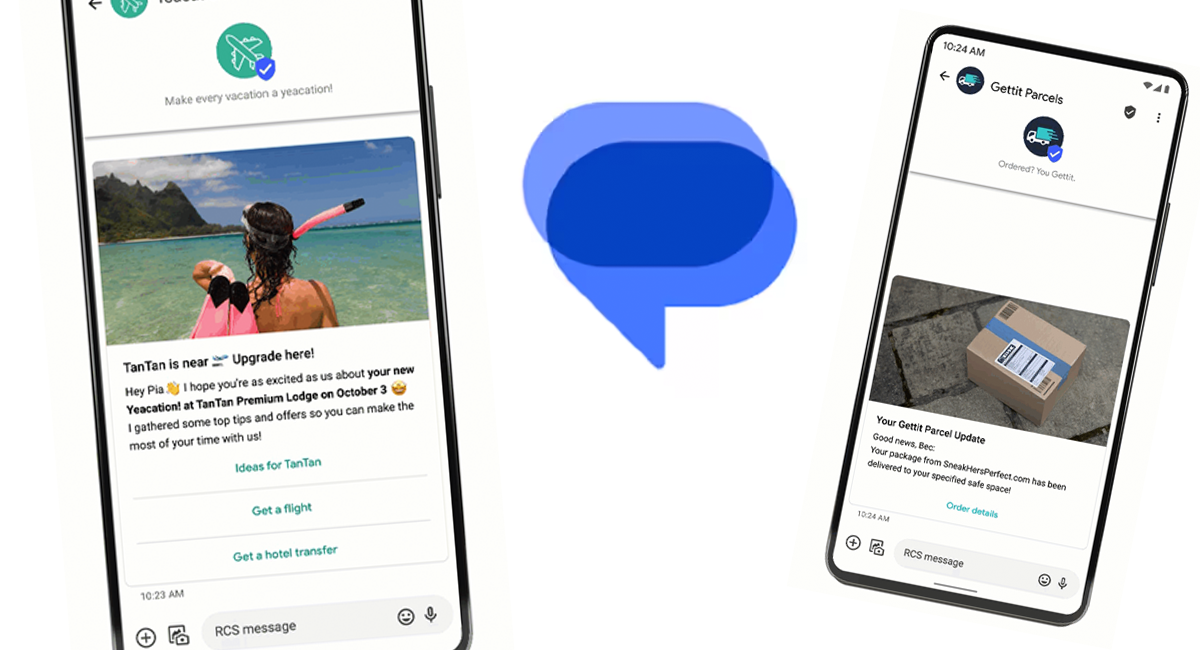An Interview with Commio Messaging SVP Brian Ford
It seems that the new long code / 10 DLC messaging campaign requirements and implementation dates never stop changing. What are the latest developments? And are they worth all the effort? To find out, we talked to messaging guru Brian Ford of Commio.
T-Mobile just put a number of their new fees and penalties on hold; what do those include?
They pushed back the $50 campaign registration and migration fee, as well as the increased $0.004 rate per message for unregistered traffic.
The grey route messaging noncompliance penalty is another fee that is currently set to go in place January 1, 2022. [A grey route is a messaging route sent via unsanctioned telecommunications network(s), usually internationally, in an effort to avoid costs and/or local laws.]
We are waiting on an update to see if this will be pushed back or removed. If this does go into play in early 2022, Commio will have to begin blocking unregistered T-Mobile traffic on the network. So this really is a good time to get your brands and campaigns registered.
Until T-Mobile provides an update, should companies wait to adopt the new campaign requirements?
With the possibility of having all unregistered T-Mobile traffic blocked, I would strongly encourage customers to take this time to get everything in place to prepare for the new changes. We should also mention that all unregistered campaigns will be subject to more strict filtering, and it will only get more restrictive. With unregistered traffic being unsanctioned, deliverability issues may increase as a result.
Commio just released a variety of new long code / 10 DLC messaging campaign API’s. What kind of functionality do they offer?
We really wanted to create a product that would allow our customers to build their brands and campaigns with the added functionality of assigning numbers already provisioned to their accounts. We wanted a product that would allow customers to streamline the process without having to build out to the multiple third-party players, providing a turnkey solution to the registration process.
What advantage do the APIs provide for a SaaS company?
Ease of use. We work with multiple vendors to make this complicated process seamless to your platform without the additional back-end work.
In our recent SaaS / CPaaS survey, respondents were skeptical about the new messaging requirements. How should companies feel in general about all of these changes—just a lot more work and more money, or…?
I think it’s safe to say that these changes have definitely caused some rumblings in the messaging space. Luckily, we have done the leg work to create an API platform that saves you from having to make a large capital investment and additional manpower to make this work. While the carriers have added surcharges to their messaging products, which we pass along at cost, we have done everything we can to help you save time and money.
Despite the added effort, we do believe the new requirements will increase end-user trust in business messaging, help maintain the high SMS open and read rates, and ultimately lead to higher conversions.
How is Commio supporting our messaging clients?
We are constantly on calls with our customers to see how we can better improve our API platform. It seems that with every call comes a new and unique use case. We are working on building out new features to help everyone navigate this evolving communication channel. Whether you use our portal or go direct with The Campaign Registry and use our APIs for number assignment, we are always working to build the most robust and complete product for our customers. If you have a question or suggestion, we encourage you to reach out to your account manager or our support team.
See also: 10DLC History, Advantages | The Players | Brand Registry | Campaign Registry | Registration How-To | T-Mobile Fees | New Messaging APIs

















